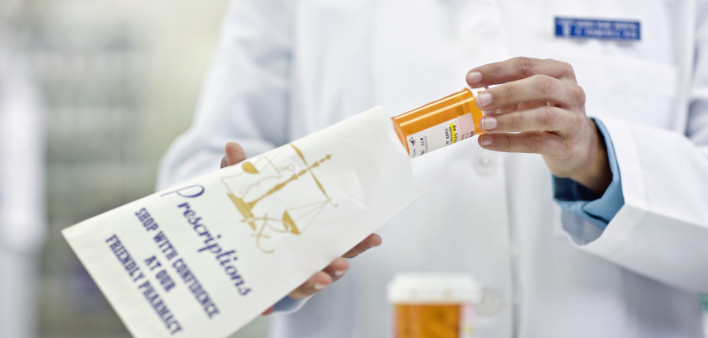HIV is on the docket of cases the U.S. Supreme Court will hear this fall. Specifically, the court agreed to hear an appeal by CVS Pharmacy in a case to decide whether a health plan can force clients living with HIV to receive their HIV treatment either via mail or at a CVS pharmacy in order to get discounts.
The case stems from a 2018 lawsuit filed in San Francisco in which five HIV-positive plaintiffs claimed that the health plan’s rules didn’t allow them to see the pharmacists of their choice, thus depriving them of their preferred pharmacist’s knowledge and counseling regarding drug side effects and interactions.
They also claimed their privacy was at risk if they had to pick up their meds at a CVS store or have them delivered. The plaintiffs are referred to as John Does because they wanted to remain anonymous due to HIV stigma.
NEW: The Supreme Court adds nine new cases to next term’s docket. Here’s the full order list: https://t.co/N7e4zzH8qn.
— SCOTUSblog (@SCOTUSblog) July 2, 2021
And here’s a thread on each of the cases the court agreed to hear:
In CVS Pharmacy v. Doe, the court will hear a class-action lawsuit alleging that a CVS policy on out-of-network rates for specialty medications disproportionately harms people with HIV. The issue is whether the relevant statutes allow a “disparate impact” discrimination claim.
— SCOTUSblog (@SCOTUSblog) July 2, 2021
A lower court had ruled against the HIV-positive plaintiffs on the grounds that all members of the care plan had to use the CVS stores or mail services. In short, the court found that the program did not violate the antidiscrimination and disability protections of the Affordable Care Act (ACA aka Obamacare).
In December 2020, the Ninth Circuit Court of Appeals disagreed, saying that the John Does did adequately allege that the CVS program “causes them substantial difficulties and puts their privacy at risk” and that they could try to prove that in court, according to Consumer Watchdog, whose attorneys represent the plaintiffs.
A Supreme Court ruling in this case could influence how the antidiscrimination protections of Obamacare are interpreted and could influence future lawsuits against pharmacy benefits managers.
“These types of cases are incredibly important,” Elizabeth Pendo, a law professor at Saint Louis University Law School, who specializes in disability discrimination, told Bloomberg Law. “And they are coming at a time when there’s a lot of uncertainty because of multiple legal challenges to the expansive idea of health-care access and nondiscrimination that we had during the Obama administration and a more limited or restricted idea of that during the Trump administration.”
One person potentially affected by the case told Bloomberg Law that a one-month supply of HIV med Biktarvy costs $1,300 out of pocket at the person’s pharmacy of choice but that the same med is $300 for a three-month supply when purchased within the health plan.
In related news, the Supreme Court this summer upheld Obamacare for the third time. For more, read “Affordable Care Act’s Survival Praised as a ‘Victory for Patients.’”







11 Comments
11 Comments